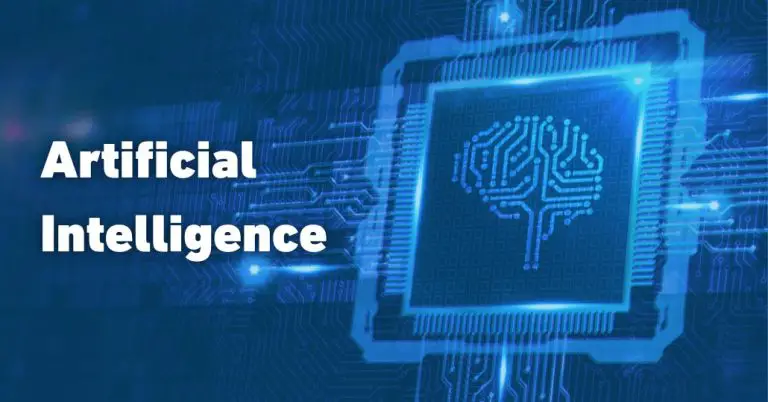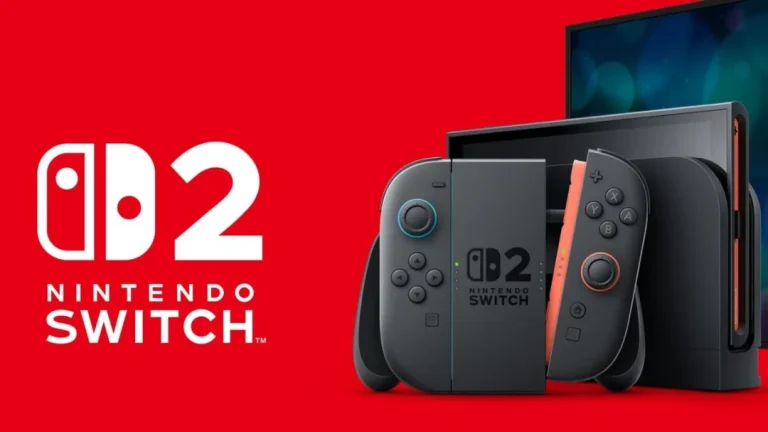
Just weeks after OpenAI announced it would start using Anthropic standard to help AI systems work more seamlessly with data and tools, Google is now hopping on the same train.
On Wednesday, Google DeepMind CEO Demis Hassabis shared on X (formerly Twitter) that Google’s Gemini models and SDK will soon support MCP as well. While he didn’t drop any dates, Hassabis praised the protocol, calling it a solid and fast-growing standard for the emerging “AI agentic era” where AI doesn’t just respond but acts on behalf of users in dynamic ways.
What is MCP, and why does it matter?
Originally developed by Anthropic, MCP is an open protocol or standard that acts as a bridge between AI models and the apps or tools they need to access to be useful, think CRMs, calendars, databases, and even code editors. It enables two-way connections between data systems and AI applications, which means AI agents can now not only receive information but also take actions based on that data.
Developers can set up MCP servers to host data and create MCP clients like chatbots or automation tools to interact with that data when needed. For example, imagine an AI assistant that can check your team’s project status from Jira, update task progress in Notion, and schedule meetings in Google Calendar all without you lifting a finger. That’s the potential of MCP in action.
Related links you may find interesting
Industry momentum is growing
Since Anthropic open-sourced MCP, it’s quickly gained traction. Companies like Block (formerly Square), Replit, Codeium, Sourcegraph, and Apollo have already added it to their platforms. Now, with OpenAI and Google both on board, it’s looking more like MCP could become the default way AI interacts with the digital world.
What’s exciting here is that this isn’t just about corporate alignment, it’s about creating a common language for how AI tools communicate with everything from enterprise software to developer environments. That could make AI integration faster, more secure, and more flexible, especially as more companies move toward using AI agents for everything from customer support to coding to internal automation.
Conclusion
What’s particularly interesting is that this shift signals a growing consensus in the AI space: interoperability matters. As AI moves out of experimental labs and into real-world use, the need for open standards like MCP becomes critical. Without them, every AI tool would need custom connectors, making scaling and innovation much harder.
With Google and OpenAI two of the biggest players in AI now aligned with Anthropic’s vision, we could be witnessing the early formation of a foundational standard for how AI systems interact with the world. It’s a big step toward truly intelligent, proactive, and useful AI assistants.





